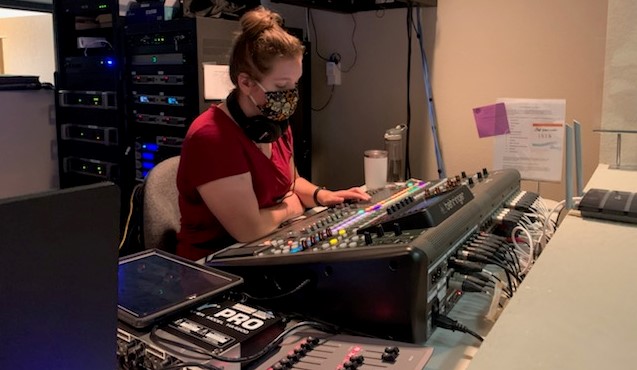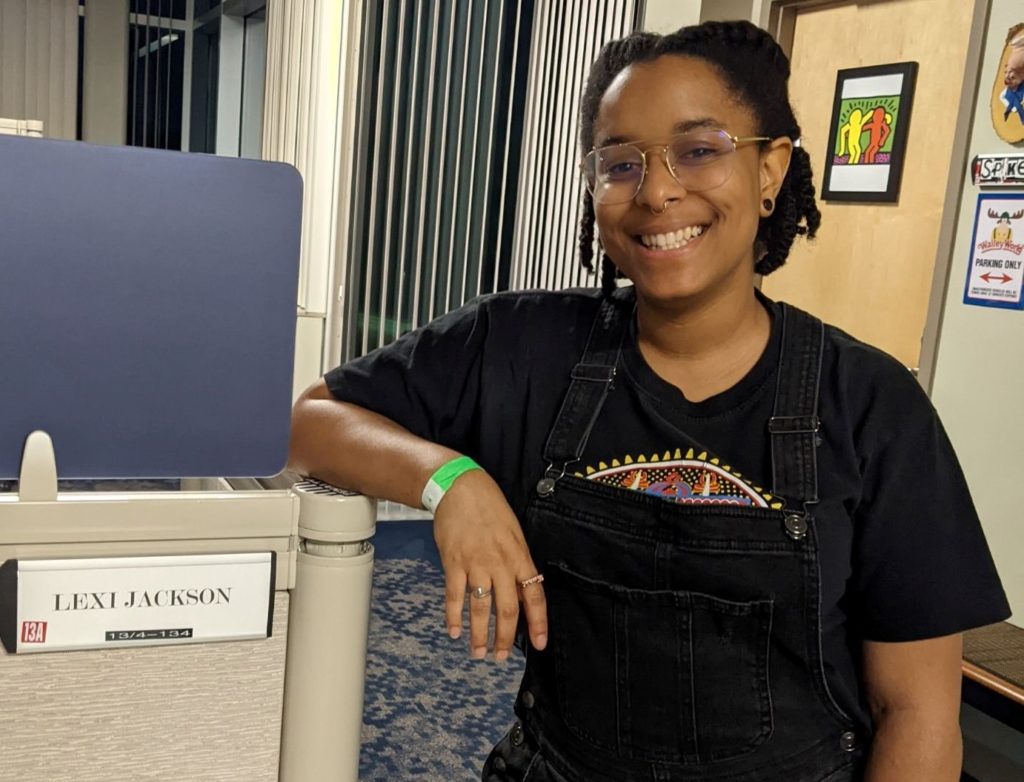Black women have been the backbone of music since the beginning, yet their contributions have been consistently overlooked, borrowed from, and rarely given the credit they deserve. From Ma Rainey and Bessie Smith shaping the blues to Big Mama Thornton’s raw power and Sister Rosetta Tharpe inventing rock and roll, Black women laid the foundation for the music that continues to inspire generations. But despite their influence, they were often pushed aside while others profited from their work. This isn’t just about artists—it’s about producers, engineers, songwriters, and label owners, too. And that’s why it’s so important to talk about pioneers like Betty Wright, who not only took control of her own career but also created opportunities for others.
Betty Wright wasn’t just a powerhouse vocalist; she was a force in the music industry. She made history as the first Black woman to run her own label, Ms. B Records, proving that an independent artist could achieve mainstream success. In 1988, she became the first Black female artist to have a gold album (Mother Wit) on her own label—something unheard of at the time. She refused to let an industry that wasn’t built for her dictate her path. Instead, she carved out her own lane and thrived.
But Betty wasn’t just looking out for herself. She was a mentor, a producer, and a guide for the next generation. One of her most notable projects was mentoring and co-producing a then-16-year-old Joss Stone’s debut album, The Soul Sessions. Recorded at Miami’s legendary Criteria Studios, Betty brought in seasoned soul musicians—Benny Latimore, Little Beaver, and Timmy Thomas—to ensure the record had an authentic, lived-in sound. She had a way of pulling out the deepest emotions from an artist, helping them tap into something real, something raw.
Her reach went far beyond one album. Betty produced or collaborated with artists across genres—Gloria Estefan, Jennifer Lopez, Tom Jones, Snoop Dogg, Lil Wayne, and more. And she didn’t stop evolving. Well into her 50s, she reinvented herself again, teaming up with The Roots in 2011 for Betty Wright: The Movie. In an industry that prioritizes youth and where men still dominate behind the scenes, Betty Wright stands as a reminder that talent, wisdom, and impact don’t have an expiration date.
Joss Stone once said that Betty had a way of turning everyday conversations into songs. That’s who she was—real, intuitive, and always listening for the truth in the music. Her legacy isn’t just about the hits she sang or the records she produced; it’s about the doors she kicked down for others, especially Black women, to walk through. And that’s exactly why we have to keep telling her story. –Lisa Marshall Retro soul/folk-funk singer, songwriter, and producer. Passionate about authentic storytelling in music and keeping the legacy of soul alive. Connect with me at https://lisamarshallmusic.com/



